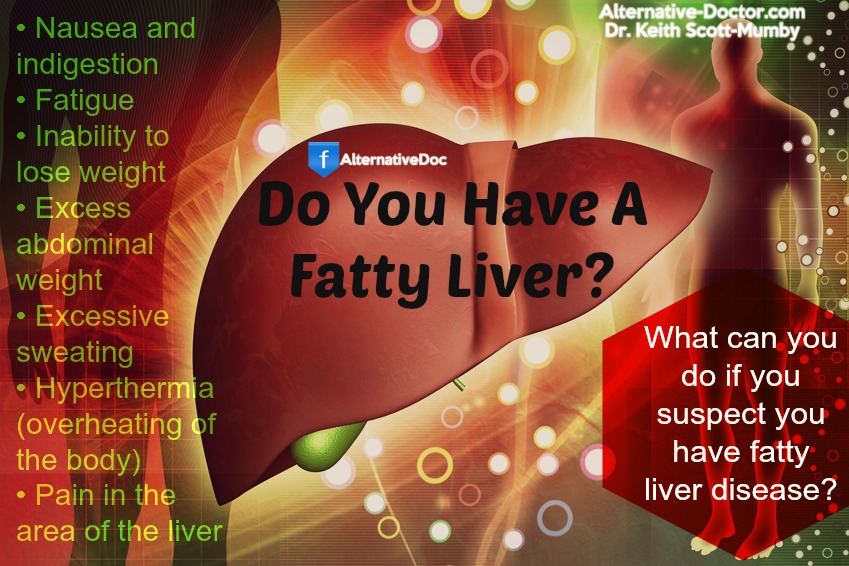When you hear the diseases “cirrhosis” and “hepatitis,” your first reaction would probably be to relate them to alcohol and drug abuse. You might be surprised to learn that both can occur in individuals who have never touched an illegal drug or a drop of alcohol.
Your liver normally has fat in it, but if that fat level rises above 5-10% of the liver’s weight, you may be diagnosed with fatty liver disease.
Alcohol was long thought to be the sole cause of a fatty liver disease but recent studies have shown that other factors – including diet and genetics – raise your chances of developing this disease.
What Causes Fatty Liver Disease?
Could you have fatty liver disease? 20% of the population in the western world does. Our sedentary lifestyles and poor nutritional choices have a great deal to do with it. Prescription drugs and painkillers are difficult for your liver to metabolize and can be a contributing factor as well.
If you’re concerned about your liver, consult with your doctor.
He may order a liver function test, an ultrasound, or refer you to a hepatologist [a liver specialist]. The appearance of certain symptoms may warrant a visit with your physician.
-
• Nausea and indigestion
• Fatigue
• Inability to lose weight
• Excess abdominal weight
• Excessive sweating
• Hyperthermia (overheating of the body)
• Pain in the area of the liver
While none of these warning signs is definitive of a fatty liver, if you’re experiencing more than one – especially if they are not going away – you should consider making an appointment.
What can you do if you suspect you have fatty liver disease?
If you drink regularly and/or heavily, this is the first habit to confront. Alcohol has been proven to damage liver cells and cause inflammation. While one or two glasses of wine a day have proven health benefits, you should consider avoiding hard liquors.
Watch your carbs! If you’re on a healthy diet, the chances are high that you already avoid processed foods, white bread, and anything packed with preservatives and refined sugars. A diet rich in carbohydrates can cause fatty liver disease by converting simple carbs into fat.
Start reading those food labels! Flour-based foods contain many carbohydrates so consume them in moderation. Foods to keep in mind as high-carb selections include breakfast cereals, rice, pasta, bread, chips, and fries. Even if the food you’re eating isn’t made of flour often, it’s mixed with or coated with it.
Your mother was right: eat your fruits and veggies! They’re some of the most powerful healing and cleansing foods and are crucial to liver health. 
The liver is your body’s filter but even it can get overwhelmed. Think of a dirty filter in your car or vacuum cleaner. Fruits and vegetables help clean and repair your liver so that it can remove toxins from your blood more efficiently.
In my book Love Your Liver, I’ll share with you 19 super liver feeding nutrients and explain why they are important (but of course…you don’t need to take all 19 at once!)
There are many ways to add fruits and vegetables to your diet. Try raw vegetable juices. It’s a great addition to your breakfast!
You need fats and protein! Natural proteins such as meat, eggs, nuts, and seafood stabilize your blood sugar, reduce hunger, and aid in weight loss. You can easily cook these up in healthy fats like olive or coconut oil or consume them with raw nuts or seeds.
Deep fried foods are bad for your total body health and have been proven to contribute to fatty liver disease. Along with your liver, your entire system will thank you for limiting fried foods – or eliminating them all together.
The liver is your chief “detox” organ. It eliminates environmental poisons. If your liver didn’t continually remove metabolic trash and toxins from your blood, you would be dead in a matter of days!
No matter how you look at it your liver is a mighty organ and crucial to a healthy life. Click here to find out how to love your liver today.

